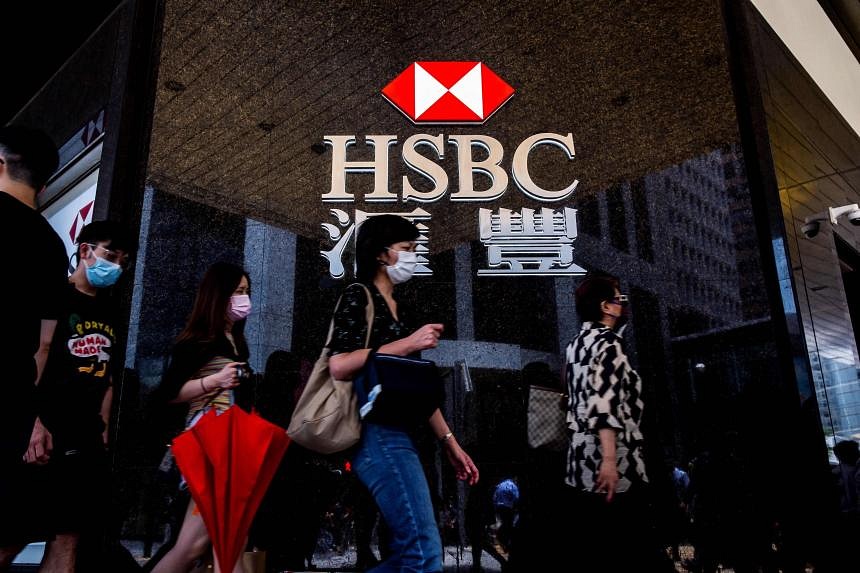HONG KONG - Banking giant HSBC said July 31 that pre-tax profits in the first half of 2024 came in at US$21.6 billion (S$29 billion), slightly lower than last year’s record performance.
“After delivering record profits in 2023, we had another strong profit performance in the first half of 2024, which is further evidence that our strategy is working,” said Mr Noel Quinn, the group’s outgoing chief executive.
The bank also doubled down on its share buyback, announcing a further three-month repurchase of up to US$3 billion, following the completed US$3 billion buyback announced last quarter.
The buyback and approval of an interim dividend of US$0.10 per share would bring shareholders a total of US$4.8 billion, taking the total amount of capital distributed since 2023 to US$34.4 billion, Mr Quinn said in the statement.
“We remain confident that we can deliver attractive returns, even in a lower interest rate environment,” he added.
“As a result, we are providing new guidance of a mid-teens return on average tangible equity, excluding the impact of notable items, in 2025.”
‘Reduced sensitivity’
The Asia-focused lender and its peers were buoyed by rising interest rates earlier this year.
It achieved record profit in 2023, but was followed by an almost 2 per cent dip in pre-tax profit to US$12.7 billion.
The bank generates most of its revenue in Asia and has spent several years pivoting to the region, vowing to develop its wealth business and target fast-growing markets.
A US$400 million increase in revenue over the first half of 2024 was mainly driven by higher banking net interest income, as well as the disposal of the bank’s businesses in Canada, Argentina and France and the acquisition of the Silicon Valley Bank’s United Kingdom arm.
“As we look ahead, the path of interest rates and the outcomes of elections are amongst the factors that will shape the global operating environment,” Mr Quinn noted.
“Although we expect a cautious approach, we have reduced our sensitivity to interest rates.”
But the outgoing leader highlighted the group’s boosted immunity to downside risks of interest rate cuts by diversifying revenue from businesses like wealth management – particularly in Asia – which has attracted US$32.4 billion of net new invested assets.
Quinn’s farewell
HSBC announced earlier in July that its chief financial officer Georges Elhedery will step into the chief executive role in September.
Mr Quinn, 62, in his last interim report, “place on record what an enormous privilege it has been to lead this great institution”, where he had a 37-year career.
Mr Quinn has overseen a transformation of the London-headquartered lender during almost five years in charge, helping to drive profits off the back of cost-cutting and soaring interest rates.
He carried out a massive restructuring programme in the wake of the pandemic, slashing thousands of jobs to refocus on HSBC’s most profitable areas in Asia and the Middle East.
Profits later fell heavily, however, owing to bad debts linked to Russia’s invasion of Ukraine, before rebounding as global lenders hiked interest rates following similar moves by central banks to combat soaring inflation.
In 2023, Mr Quinn led the effort to repel a bid by major shareholder Ping An to spin off its Asia assets, with the proposal eventually voted down by shareholders.
The break-up bid highlighted HSBC’s precarious position amid United States-China tensions, with some observers questioning whether Europe’s largest lender can continue to straddle East and West.
“My aim when I took this job was to deliver financial performance to match our standing. Working together, I believe we have done that and created a strong platform for growth,” Mr Quinn wrote in the report. AFP

